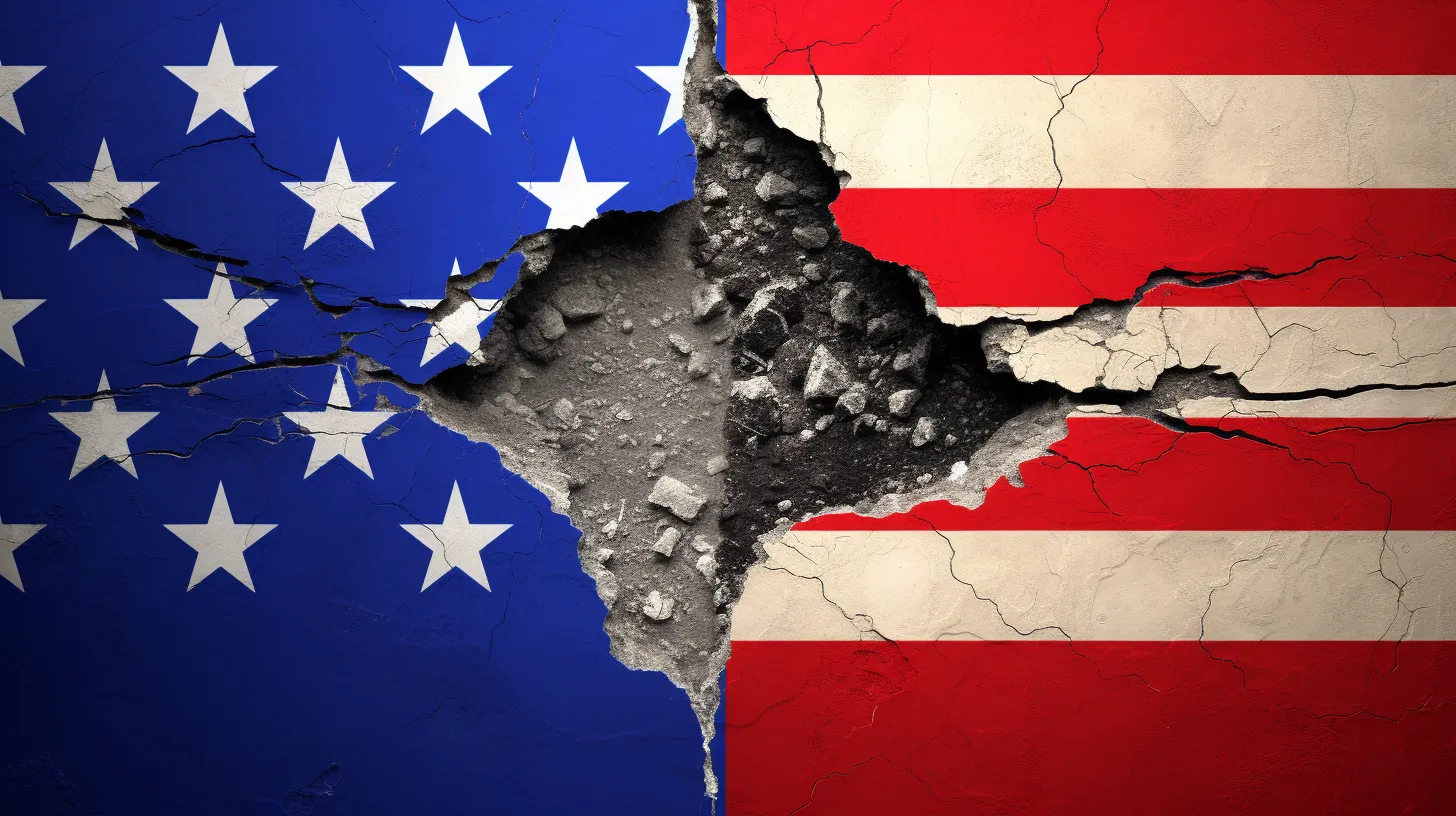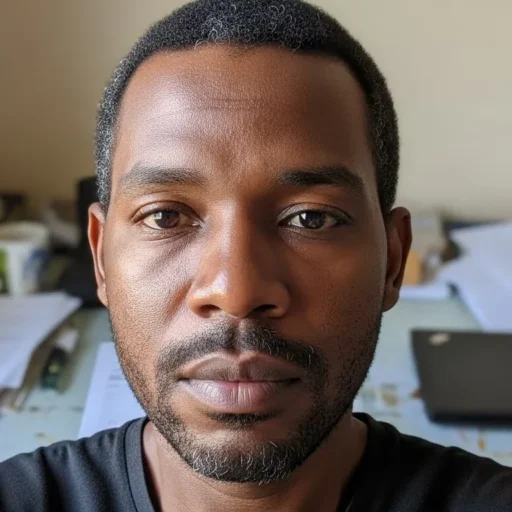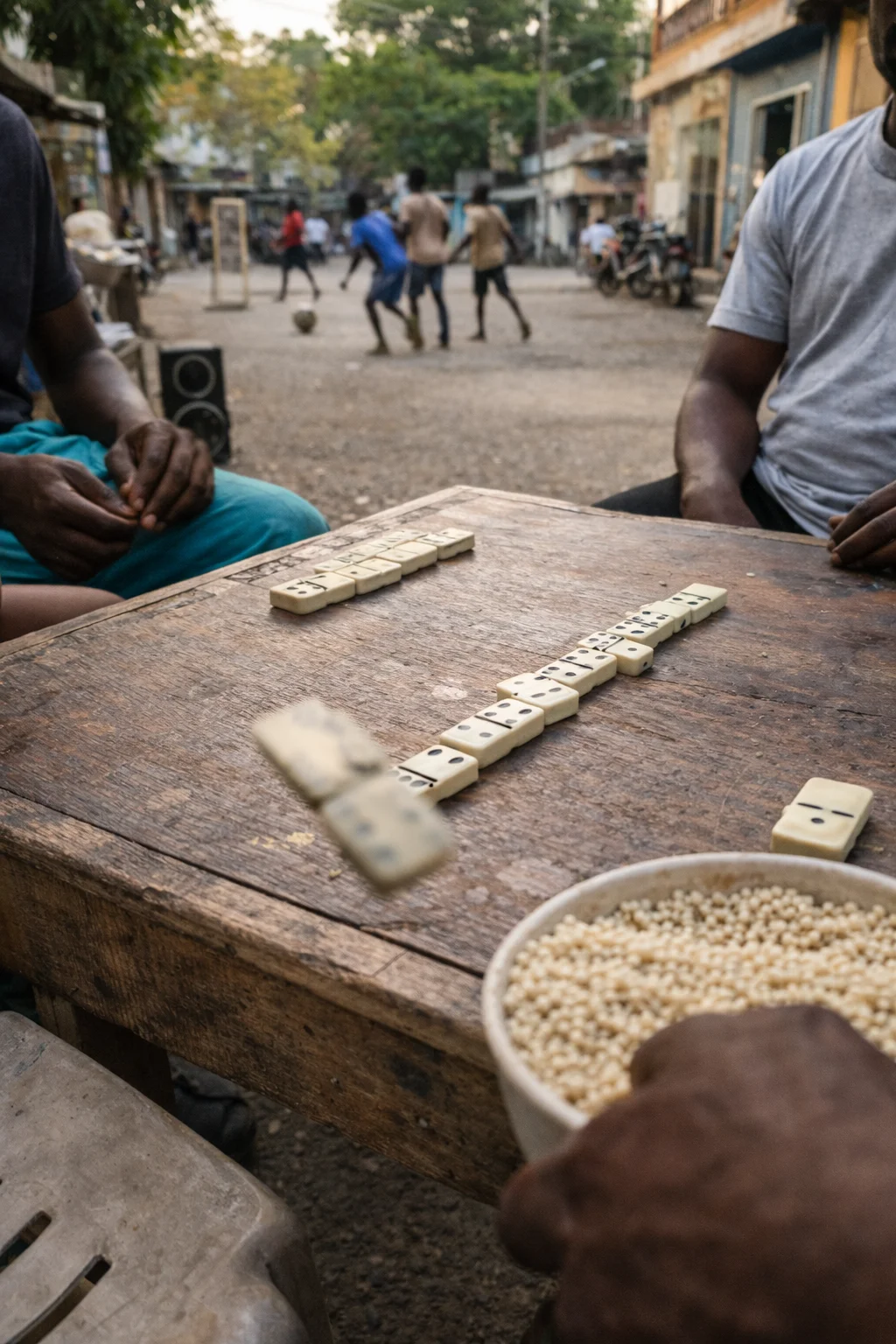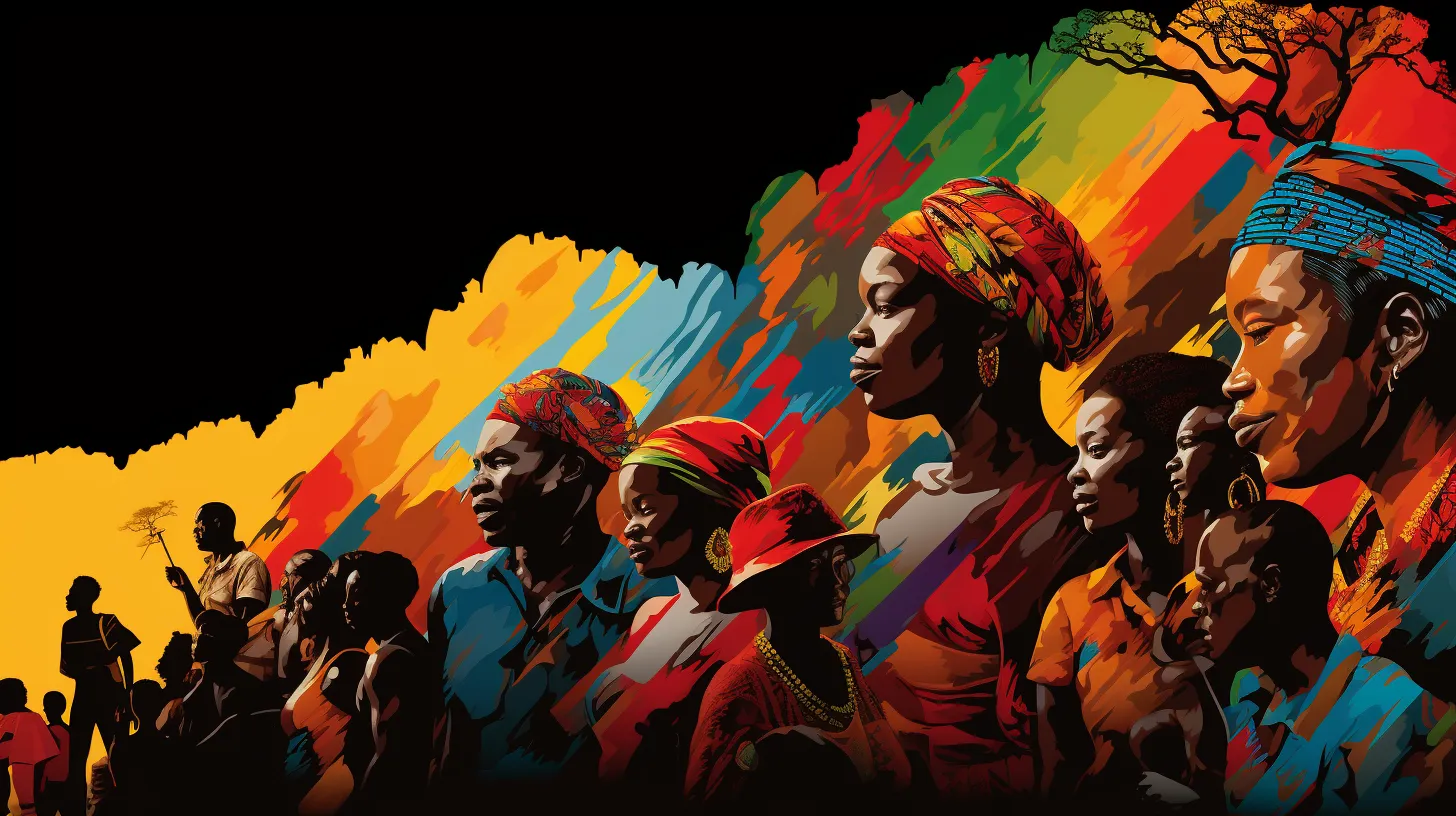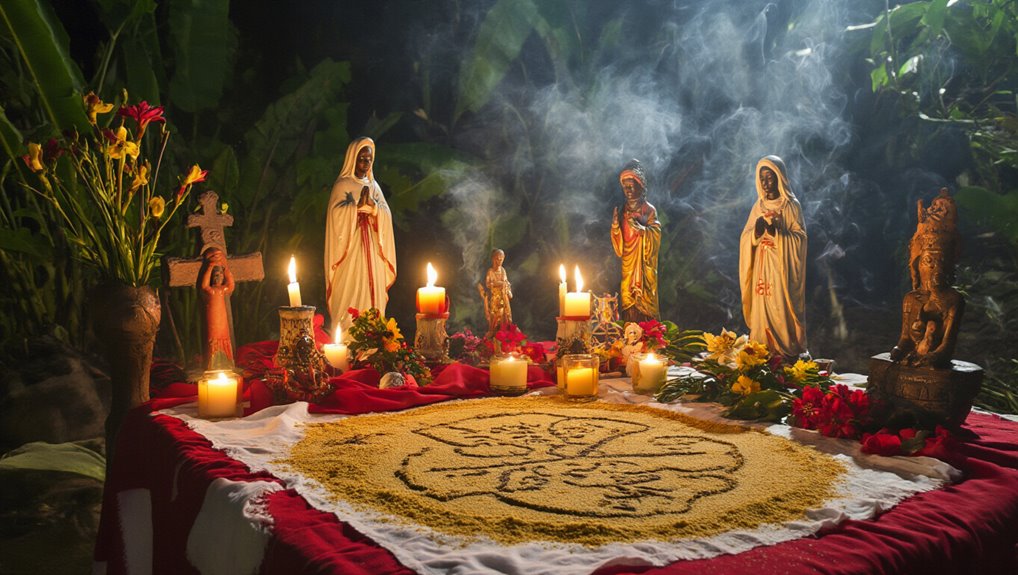Haiti is often the subject of geopolitical confusion due to its proximity to the United States and the long history of interaction between the two nations. Despite this close relationship, the Republic of Haiti is a fully sovereign, independent nation and is not, nor has it ever been, a territory of the United States. Unlike Puerto Rico, Guam, or the U.S. Virgin Islands, Haiti possesses its own constitution, issues its own passports, and maintains a distinct seat at the United Nations.
The confusion regarding Haiti’s status often stems from historical events, specifically the United States military occupation of the country in the early 20th century, and the significant economic influence the U.S. continues to hold in the region.
Understanding the distinction requires a deep dive into international law, the history of the Haitian Revolution, and the specific diplomatic treaties that define the modern relationship between Port-au-Prince and Washington, D.C.
The Legal and Diplomatic Status of the Republic of Haiti
In the realm of international law, sovereignty is defined by a state’s ability to govern itself without external authority holding legal title over its land. Haiti fulfills all the criteria of a sovereign state under the Montevideo Convention. It has a permanent population, a defined territory, a government, and the capacity to enter into relations with other states.
The United States recognizes Haiti as a foreign state, maintaining an embassy in Port-au-Prince, while Haiti maintains an embassy in Washington, D.C. This diplomatic exchange is the hallmark of bilateral relations between two independent entities, rather than the administrative relationship seen between the federal government and a territory.
Haiti is a founding member of the United Nations and the Organization of American States (OAS). Its government operates under the Constitution of 1987, which establishes a semi-presidential republic. The country enacts its own laws through a bicameral legislature consisting of a Senate and a Chamber of Deputies.
In contrast, U.S. territories are subject to the plenary power of the U.S. Congress under the Territorial Clause of the U.S.
Constitution. U.S. federal laws automatically apply to territories, whereas in Haiti, U.S. law has no direct jurisdiction.
Citizenship is another primary differentiator. Individuals born in U.S. territories like Puerto Rico are U.S.
citizens by birth. Individuals born in Haiti are Haitian citizens. While there is a large Haitian diaspora in the United States, they must go through the standard immigration and naturalization processes to become U.S.
citizens, just like nationals from France, Brazil, or Japan. There is no automatic right of abode or free movement between the two countries.
The Haitian Revolution and the Birth of Independence
To understand why Haiti is not a territory, one must look at its foundational history. Haiti was the first nation in Latin America and the Caribbean to declare independence and the first black-led republic in the world when it broke free from French colonial rule in 1804.
This was achieved through the Haitian Revolution (1791–1804), a complex military conflict where enslaved people defeated the armies of the French Empire, as well as Spanish and British forces that attempted to intervene.
Key figures such as Toussaint Louverture, who began the liberation movement, and Jean-Jacques Dessalines, who declared independence, established a precedent of absolute sovereignty. The Declaration of Independence signed in Gonaïves explicitly rejected foreign domination. This hard-won freedom created a national identity centered on resistance to colonization.
Unlike territories that were ceded to the U.S. by other colonial powers (such as Puerto Rico by Spain in 1898), Haiti forged its own path through military victory.
However, this independence came at a high diplomatic cost. For decades, major powers, including the United States, refused to recognize Haiti’s sovereignty, fearing the example of a successful slave rebellion would spread. The U.S.
did not officially recognize Haiti until 1862, under the presidency of Abraham Lincoln. This era of diplomatic isolation forced Haiti to navigate the geopolitical landscape alone, solidifying its status as an independent, albeit marginalized, actor on the world stage.
The United States Occupation (1915–1934)
The primary source of the misconception that Haiti is a U.S. territory lies in the events of July 1915. Following the assassination of Haitian President Vilbrun Guillaume Sam, U.S.
President Woodrow Wilson ordered the U.S. Marines to occupy Port-au-Prince. The occupation lasted for nineteen years, ending in 1934. During this period, the United States exercised significant control over Haiti’s finances, customs houses, and administrative infrastructure.
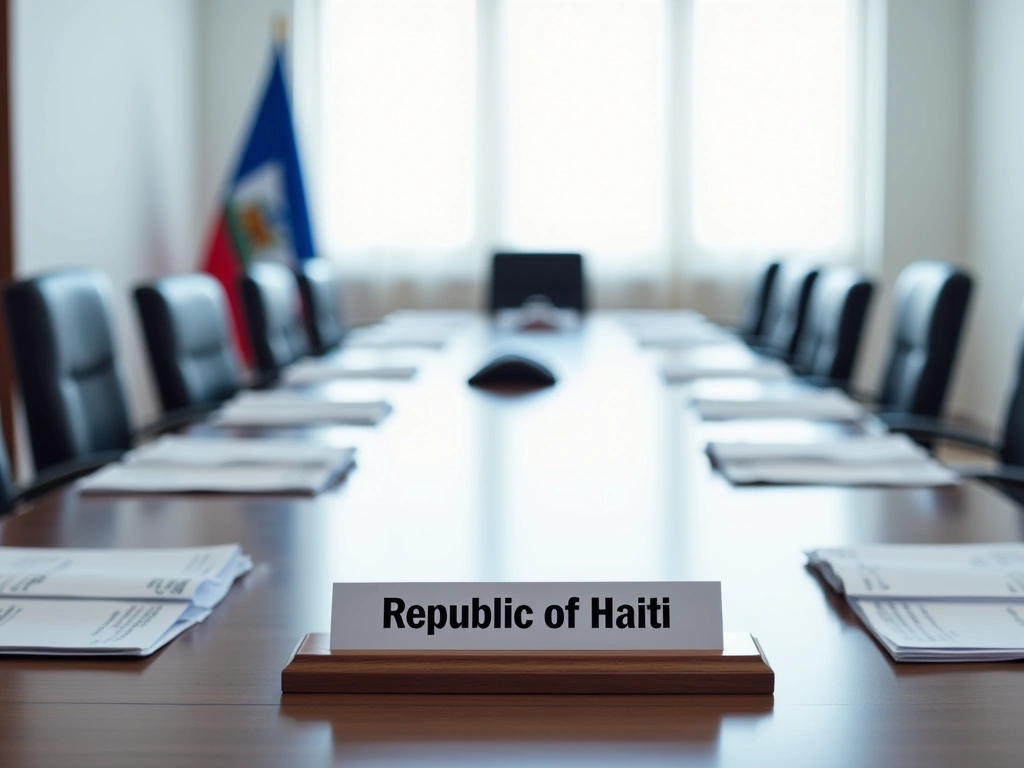
Under the 1915 Treaty, Haiti became a de facto protectorate of the United States. American officials managed the national budget and created the Gendarmerie d’Haïti, a military force led by U.S. officers.
Despite this intense control, the United States never formally annexed Haiti. It remained a separate legal entity in the eyes of international law, even if its sovereignty was severely compromised in practice. The U.S. did not grant citizenship to Haitians, nor did it incorporate the land as a territory.
Resistance to the occupation was fierce, most notably led by Charlemagne Péralte and the Cacos rebels. The occupation ended officially under President Franklin D. Roosevelt’s “Good Neighbor Policy,” which sought to reduce direct U.S.
military intervention in Latin America. The withdrawal of troops in 1934 restored full administrative control to the Haitian government, although U.S. financial oversight continued for several years afterward to service external debts.
Economic Sovereignty and Currency
A key indicator of a territory’s status is its economic integration with the governing power. U.S. territories generally use the U.S.
dollar as their official currency and are integrated into the U.S. banking system and trade zones. Haiti, conversely, maintains its own currency, the Haitian gourde.
Monetary policy is managed by the Bank of the Republic of Haiti (BRH), the nation’s central bank, which sets interest rates and manages inflation independently of the U.S. Federal Reserve.
While the U.S. dollar is widely accepted in Haiti for large transactions—a phenomenon known as dollarization—this is common in many independent developing nations and does not imply political integration. The Haitian economy faces significant challenges, many of which are historical legacies. In 1825, France demanded a massive indemnity of 150 million francs in exchange for diplomatic recognition, forcing Haiti to take predatory loans that crippled its economic development for over a century.
Today, trade relations between the U.S. and Haiti are governed by international trade agreements, such as the Caribbean Basin Trade Partnership Act (CBTPA) and the HOPE/HELP acts. These acts provide duty-free access to the U.S.
market for certain Haitian apparel products. These are preferential trade deals negotiated between two sovereign nations, distinct from the internal commerce regulations that govern trade between U.S. states and territories.
Modern Geopolitics: Aid and Intervention
In the modern era, the relationship between the U.S. and Haiti is characterized by foreign aid, humanitarian assistance, and political influence, often referred to as a “sphere of influence.” The United States is the largest donor to Haiti, providing support for health, agriculture, and governance. Following the devastating 2010 earthquake, the U.S. military deployed to assist with logistics and relief, but this was a temporary humanitarian mission invited by the Haitian government, not an assertion of territorial rights.
Political influence is often exercised through the “Core Group,” an informal body composed of ambassadors from the U.S., France, Canada, Brazil, and representatives from the UN and OAS. Critics argue that the Core Group exerts undue influence over Haitian politics, sometimes selecting or backing leaders. However, this influence is diplomatic and geopolitical in nature. It does not carry the constitutional authority that Washington exercises over territories like American Samoa or the Northern Mariana Islands.
Furthermore, Haiti has hosted several United Nations peacekeeping missions, such as MINUSTAH (2004–2017). These missions operate under UN mandates to stabilize the country during times of crisis. The presence of foreign troops under a UN flag highlights Haiti’s status as a member of the international community requiring multilateral support, rather than a domestic dependency of the United States.
Cultural Identity and the Diaspora
Cultural distinctiveness further separates Haiti from U.S. territories, which often undergo significant cultural Americanization. Haiti retains a deeply rooted culture formed by the convergence of African, Taino, and French influences.
The primary language spoken by the entire population is Haitian Creole (Kreyòl Ayisyen), with French serving as the second official language. This linguistic heritage is distinct from the Spanish or English dominance found in most U.S. territories.

Religious practices in Haiti also reflect its unique history. Vodou, recognized as an official religion alongside Christianity, is a spiritual system that blends West African traditions with Roman Catholic elements. It involves the veneration of spirits known as lwa and plays a central role in the community structure and historical consciousness of the people. This religious landscape is specific to Haiti and differs markedly from the religious demographics of the United States.
The “Tenth Department” is a term used by Haitians to refer to the massive diaspora living abroad, primarily in the U.S., Canada, and France. While these expatriates maintain close ties to their homeland and contribute significantly to the economy through remittances, they live as immigrants in their host countries. This contrasts with Puerto Ricans, who can move to the U.S. mainland without visas because they are already within their nation of citizenship.
FAQ
Is Haiti a U.S. protectorate?
No, Haiti is not currently a U.S. protectorate. A protectorate is a state that is controlled and protected by another sovereign state.
While Haiti was a de facto protectorate during the U.S. occupation from 1915 to 1934, it regained its full sovereignty after the withdrawal of American troops. Today, it operates as an independent republic, although it relies heavily on international aid.
Do Haitians have U.S. citizenship?
No, being born in Haiti does not confer U.S. citizenship. Haitians are citizens of Haiti.
To become a U.S. citizen, a Haitian national must immigrate to the United States, obtain permanent residency (a Green Card), and eventually apply for naturalization. This is different from Puerto Rico, where individuals are born with U.S. citizenship.
Why do people confuse Haiti with U.S. territories?
The confusion often arises from the close geographic proximity of Haiti to the U.S. and Puerto Rico, as well as the history of the 19-year U.S. military occupation.
Additionally, the frequent involvement of the U.S. government in Haitian political crises and disaster relief efforts can create the impression of administrative oversight, even though the relationship is diplomatic.
What is the official currency of Haiti?
The official currency of Haiti is the Haitian gourde. While the U.S. dollar is widely accepted for large purchases and imports, the gourde remains the national tender for daily transactions, wages, and government pricing.
The exchange rate fluctuates based on market conditions, unlike in territories where the U.S. dollar is the sole legal tender.
Does the U.S. own any land in Haiti?
The United States does not own Haitian territory. The U.S. government owns the land designated for its embassy in Port-au-Prince, which is standard diplomatic practice for all nations.
However, there are no U.S. military bases or territorial possessions within the borders of Haiti. The Navassa Island, located nearby, is claimed by both Haiti and the U.S., but it is an uninhabited territory administered by the U.S. Fish and Wildlife Service.
Is Haiti part of the British Commonwealth?
No, Haiti is not part of the British Commonwealth. The Commonwealth is an association of nations that were mostly former territories of the British Empire. Haiti was a colony of France (then known as Saint-Domingue) before gaining independence. Consequently, Haiti is a member of La Francophonie, an organization of French-speaking nations, rather than the Commonwealth.
